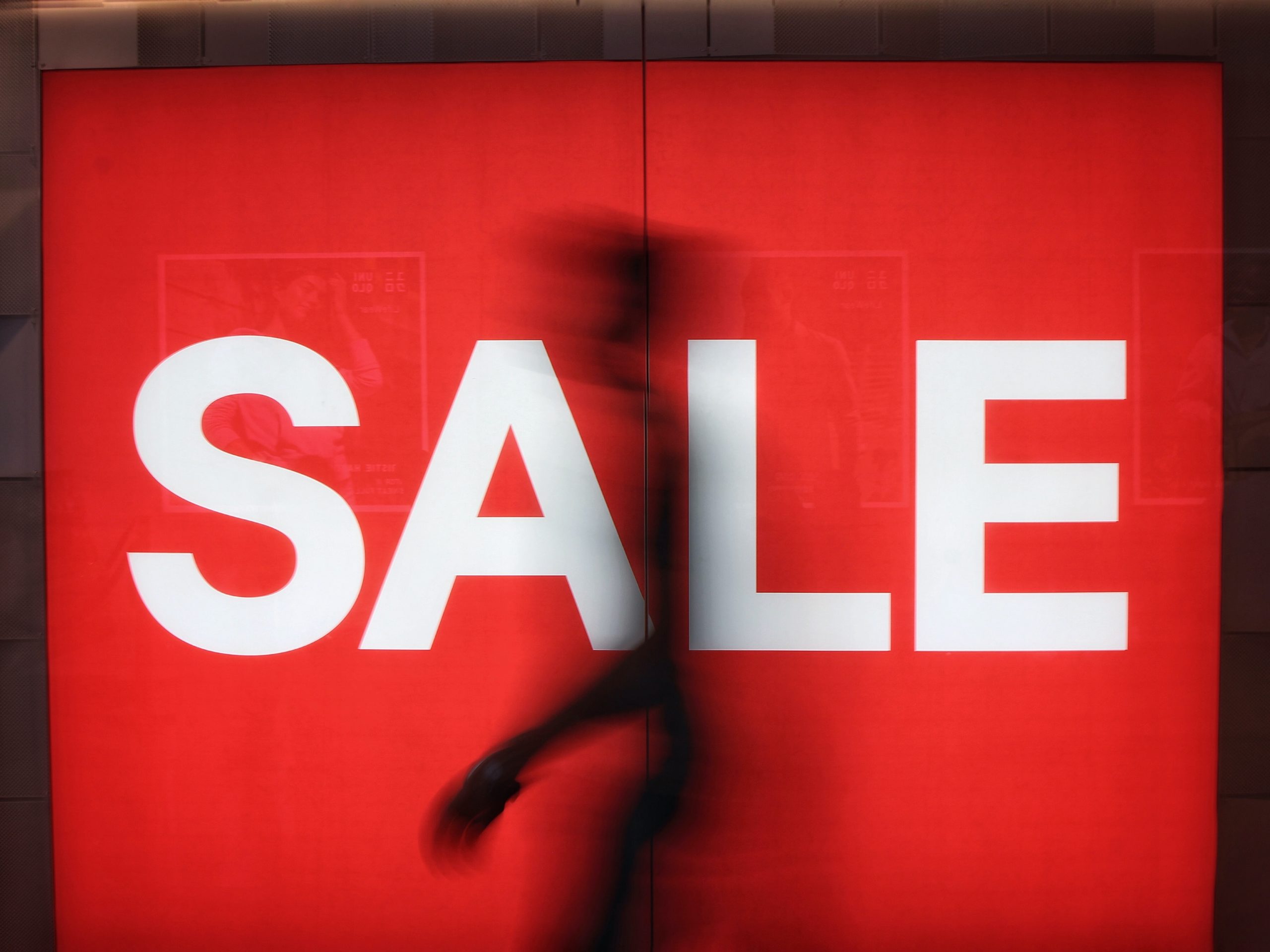
We all love a bargain. And with UK predicted to spend a whopping £84.7 billion this Christmas, it’s easy to see why we might all be searching for that extra discount code. Black Friday is known as one of the biggest sales days of the year, with consumers queuing out the door for the best deals. But one thing that goes amiss this time of year is talk about the effect that this has on our environment. These slashed prices, often means people buy more than they need.
Trying to avoid shopping Black Friday sales can often feel like trying to avoid eating the last of the tin of Quality Streets on Boxing Day. 45% of shoppers plan to shop on Black Friday, but many who don’t intend on shopping are often drawn in by the allure of a markdown. Consumer research shows us that there is a deeper psychological reason as to why.
It tells us that buying something for a lower amount than you would have been willing to pay is satisfying to consumers, even if it’s something you don’t need, the value of the deal is what entices you. This paired with the deals being marketed as ‘limited-time offers’ leads consumers to impulse buy without having much time for thought as to whether they need the item.

Getting a good deal is all well and good. But is it really worth the cost to the planet, with the kind of overindulgent spending that Black Friday promotes? It is estimated that Black Friday will churn out 429,000 tonnes of emissions on home deliveries alone. That’s the equivalent of 435 return flights from London to New York. This is a huge downfall considering that 72% of shoppers are intending on making the majority of their purchases online this year.
But one of the main issues surrounding Black Friday purchases is the emissions created in the production of those goods as well as the lifecycle of the product. This is where most emissions will be found in products sold, something which seems much more harmful when it is coming from an item that the consumer likely didn’t need or want in the first place. It is estimated that as many as 80% of items, as well as plastic packaging from this, will wind up in landfill after a significantly short period of usage.
It all may seem a little bleak as a business. You don’t want to lose business by not offering something for Black Friday, but you also don’t want to contribute to the problem. But there are little things you can do to make your Black Friday a little greener.
Every business is different, but there are small ways in which all can make a difference.

There’s no harm in taking the opportunity to get some of your Christmas shopping done for cheaper. But there is a way in which consumers can shop with a conscious and keep it green. Considering what you actually need from the sales, making a list and sticking to that list is the best way to stop yourself from impulse buying.
Consider where you are buying from. Some retailers are significantly worse offenders when it comes to their lack of eco-conscious. If you are serious about lowering your impact on the planet, it’s best to do some research on the companies you’re purchasing from.
As always, we are constantly working harder to better ourselves and become that little bit greener each step of the way. You can find out more about our sustainability effort here. We work hard to develop sustainable print systems, if you’re looking to deck out your store this festive season, contact us! We’ll be thinking hard about our Black Friday purchases at Imageco, make sure you do too!



